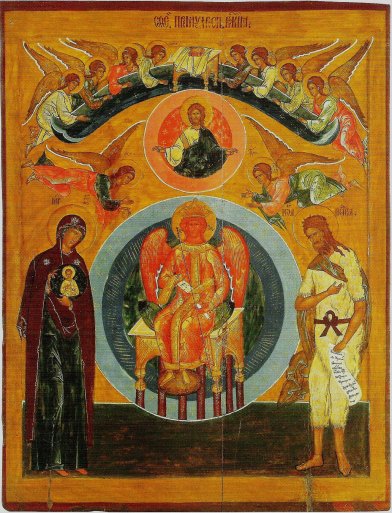 Typically I blog about theology, culture, politics, and sometimes teaching. Forgive me for sharing a parenting issue, but I need some catharsis.
Typically I blog about theology, culture, politics, and sometimes teaching. Forgive me for sharing a parenting issue, but I need some catharsis.
Two of my three kids are academically “gifted,” but I almost never say that. Parents like me learn to be careful where they use the g-word. Kyla reads at an eleventh grade level. She participates in a program called SAVY, which offers accelerated curriculum to kids like her. When George was old enough to participate in the program, he took an I.Q. test to see if he qualified (which he did). The person who administered the test also interacted with Connor a bit and said, “I expect we’ll be seeing him in a few years.” So, chances are, we will be 3-for-3…whatever that means. Continue reading “The Word I Almost Never Call my Kids”







